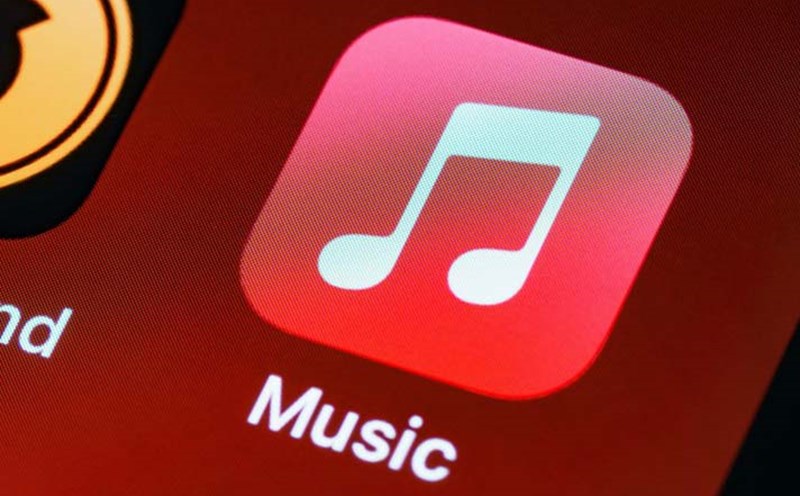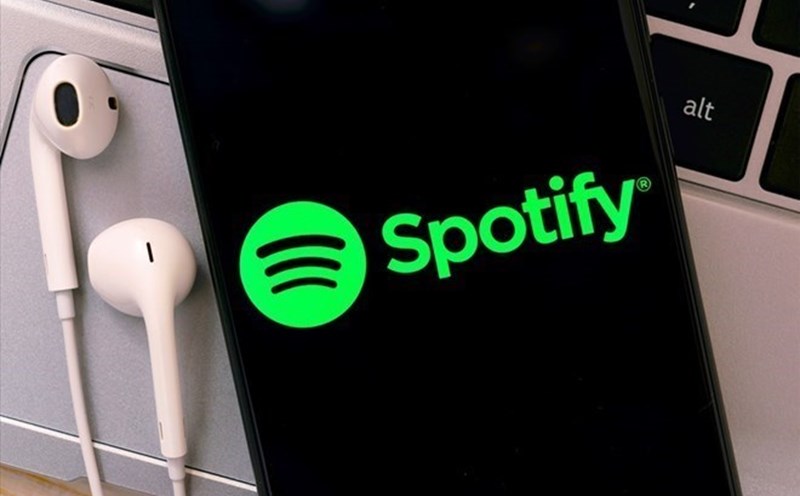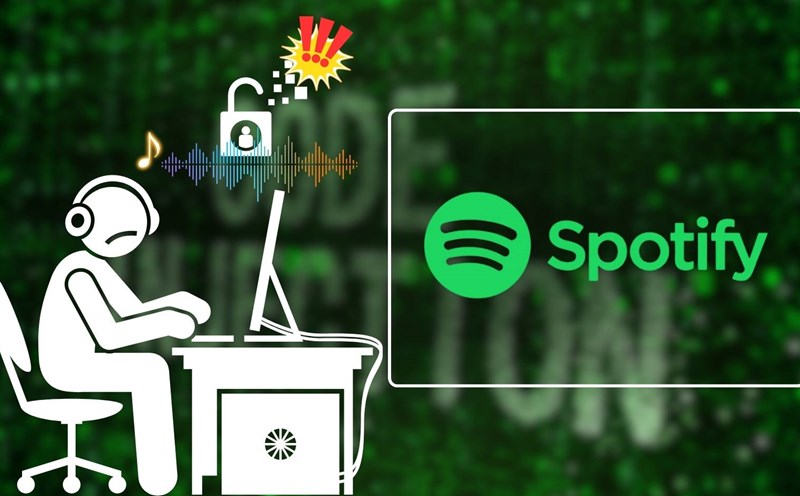This week, Spotify has officially responded to social media allegations that the platform has changed its terms of use to the detriment of artists.
Several videos from creators, including artist @chantmagick, suggest Spotify has revised the terms to allow the transfer of artist's music rights to third parties, including partners, branches, and technology providers.
In a public statement, Spotify affirmed that these allegations were untrue. The company emphasized that the updated terms do not affect the distribution rights of artists, podcast makers, book authors or other creators on the platform.
According to the explanation, this change only applies to listeners, to allow the implementation of some new features such as custom playlist cover photos, comments about podcasts or user-generated playlist titles.
Spotify says this is a popular practice in today's streaming services, where user-generated content (UGC) is often integrated to improve the experience.
Despite the clarification, Spotify is still facing a long wave of criticism regarding the artist remuneration policy.
Many musicians and organizations believe that the copyright on the platform is not enough to ensure a sustainable standard of living. Last year, US lawmakers Rashida Tlaib and Jamaal Bowman proposed the just-in-a-lifetime salary act for musicians, calling for a raised streaming copyright fee to 1 penny per listen - much higher than the current reality.
In response, Spotify confirmed that payment for artists is improving. The company revealed that it paid about 10 billion USD to the music industry in 2024 alone, a figure considered a record in the history of this platform.
With more than 600 million users worldwide, Spotify is still the world's largest music streaming service. However, controversies surrounding artists' rights and the platform's revenue distribution are likely to continue, despite the company's efforts to reassure both the creator community and users.











